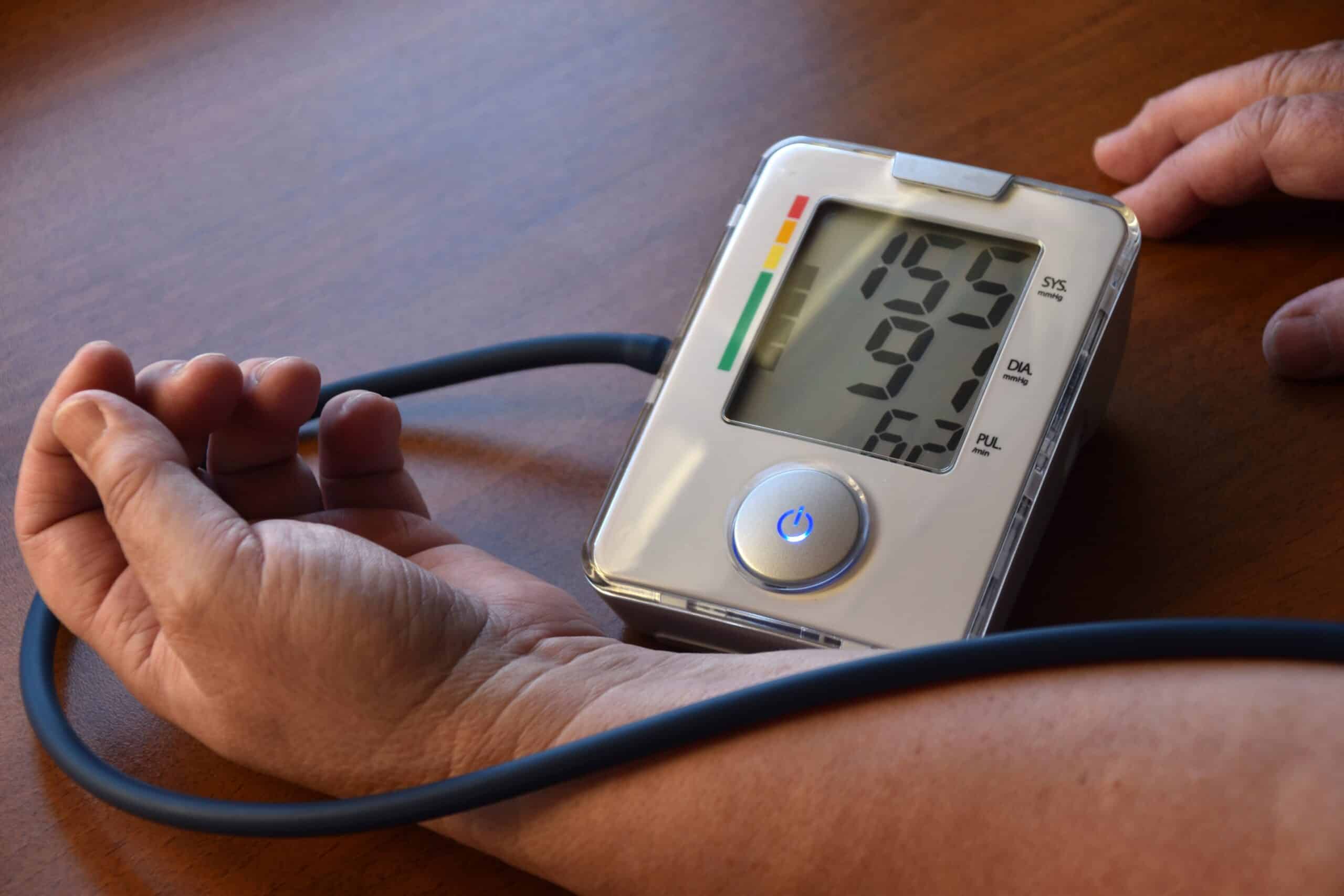High blood pressure, also known as hypertension, is a silent condition affecting millions of Indians, where the force of blood pushing against your artery walls is consistently too high. While you may not always feel its effects, it can significantly increase your risk of heart disease, stroke, and kidney problems. Understanding the causes of high blood pressure is crucial for prevention and management.
Lifestyle Factors: The Silent Culprits
Our daily habits play a major role in blood pressure regulation.
- Dietary Detours:
- Salty Habits: Excessive sodium intake forces your body to retain more fluid, increasing blood volume and consequently, pressure.
- Unhealthy Indulgences: Diets rich in saturated and trans fats, cholesterol, and processed foods can damage blood vessels and contribute to high blood pressure.
- Potassium Deficiency: Potassium helps counterbalance the effects of sodium. A diet low in potassium-rich foods like fruits, vegetables, and beans can disrupt this balance.
- Weight Woes: Excess weight puts extra strain on your heart and increases blood volume, both of which elevate blood pressure. Obesity significantly increases the risk of developing hypertension.
- Sedentary Lifestyle: Regular physical activity helps strengthen your heart, improve blood flow, and lower blood pressure. Conversely, a sedentary lifestyle can contribute to weight gain and weaken the cardiovascular system.
- Alcohol’s Impact: Moderate alcohol consumption may have minimal effects, but excessive intake can significantly raise blood pressure.
- Smoking’s Toll: Smoking damages blood vessels, narrows arteries, and increases heart rate, all of which contribute to elevated blood pressure.
- Stress Response: Chronic stress can trigger the release of hormones that temporarily increase blood pressure.
Now that we have an overview of the Lifestyle factors lets try to understand it from an Indian perspective’ Understanding the Indian Context
“Hypertension in India: a systematic review and meta-analysis” published in the journal PMC, reveals that approximately 33% of urban and 25% of rural Indians are hypertensive. The Indian diet, often high in salt and spices, coupled with increasing urbanization and sedentary lifestyles, contributes significantly to the rise in hypertension rates. Certain cultural practices, such as high salt intake in many Indian dishes and a preference for fried foods, can increase the risk of high blood pressure.
Medical Conditions: Underlying Influences
Certain medical conditions can directly or indirectly contribute to high blood pressure.
- Chronic Kidney Disease: When the kidneys aren’t functioning properly, they can’t effectively remove excess fluid and sodium from the body, leading to elevated blood pressure.
- Sleep Apnea: This sleep disorder disrupts breathing patterns, causing temporary drops in oxygen levels and triggering the body to release hormones that raise blood pressure.
- Diabetes: Diabetes can damage blood vessels, making them less flexible and more prone to narrowing. This can significantly increase the risk of high blood pressure.
- Thyroid Disorders: Both an overactive (hyperthyroidism) and underactive (hypothyroidism) thyroid gland can affect heart rate and blood pressure.
- Family History: A family history of high blood pressure can increase your susceptibility to developing the condition.
India has a high prevalence of diabetes, a major risk factor for high blood pressure. Kidney diseases can also significantly impact blood pressure regulation. Another alarming fact is the increasing rate of obesity in India which is directly linked to an increased risk of hypertension.
Medications: Unexpected Side Effects
Some medications can have high blood pressure as a side effect.
Age and Race: The risk of high blood pressure generally increases with age. Certain racial and ethnic groups, such as African Americans, may have a higher risk of developing high blood pressure and experiencing more severe complications.
Conclusion
High blood pressure is a complex condition with a variety of contributing factors. By understanding these causes, you can take proactive steps to manage your blood pressure and reduce your risk of serious health problems.
-
Embrace a Heart-Healthy Lifestyle:
- Adopt a DASH diet (Dietary Approaches to Stop Hypertension) rich in fruits, vegetables, whole grains, and low-fat dairy.
- Maintain a healthy weight through regular exercise and a balanced diet.
- Limit sodium intake and increase potassium consumption.
- Reduce alcohol intake and quit smoking.
- Practice stress-management techniques such as yoga, meditation, or deep breathing exercises.
- Aim for at least 150 minutes of moderate-intensity aerobic activity or 75 minutes of vigorous-intensity aerobic activity per week.
-
Regular Check-ups:
- Schedule regular blood pressure checks with your healthcare provider.
- Discuss your risk factors and any concerns you may have.
- If you’re overweight or obese, work with a healthcare professional to develop a safe and effective weight loss plan.
By making conscious lifestyle choices and working closely with your healthcare provider, you can effectively manage your blood pressure and live a healthier, longer life.
Disclaimer: This information is for general knowledge and informational purposes only and does not constitute medical advice. Always consult with a qualified healthcare professional1 for any health concerns. You may also check out our experts at Mahavir Jain Hospital















